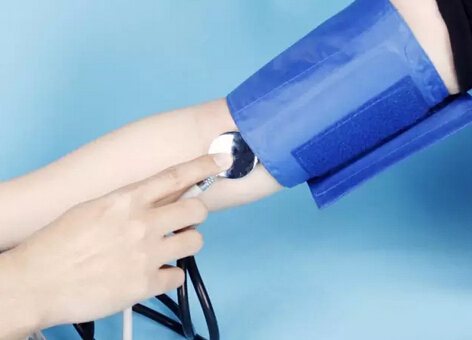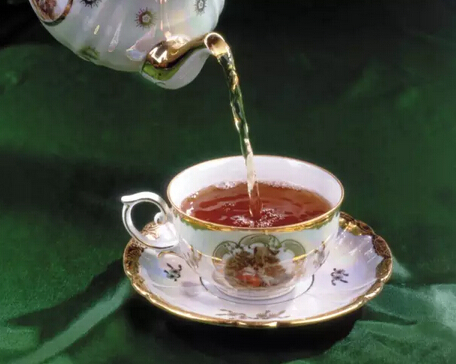
1. Fever sufferers
Tea contains theophylline, which raises body temperature. Drinking tea while feverish is like "adding fuel to the fire."
2. Those with neurasthenia
Tea contains various vitamins and amino acids that aid digestion and diuresis while stimulating nerves. Individuals with neurasthenia should reduce tea intake.
3. Iron-deficiency anemia patients
Tannic acid in tea inhibits iron absorption, worsening anemia. The caffeine also increases metabolic rate, aggravating insomnia.

4. Urinary tract stone patients
Oxalic acid in tea promotes stone formation.
5. Liver dysfunction patients
Most caffeine is metabolized by the liver, burdening compromised livers.
6. Constipation sufferers
Tannins' astringent effects slow intestinal motility.

7. Nursing mothers
Caffeine passes into breast milk, potentially causing infant colic, anemia, and sleep disturbances.
8. Heart disease patients
Excessive tea may cause tachycardia or arrhythmia.
9. Pregnant women
Overconsumption may lead to low birth weight.

10. Intoxicated individuals
Combining alcohol's cardiovascular stimulation with caffeine's tachycardia poses dangers for cardiac patients.
Tea consumption precautions
1. Avoid空腹饮茶 to prevent spleen/stomach chilling.
2. Avoid scalding tea (>56°C).
3. Avoid cold tea causing phlegm accumulation.
4. Avoid over-steeping to prevent oxidation/bacterial growth.
5. Limit steeps to avoid leaching harmful trace elements.
6. Avoid pre-meal tea diluting stomach acid.
7. Avoid immediate post-meal tea hindering digestion.
8. Avoid taking medicine with tea (tannins reduce efficacy).
9. Avoid overnight tea (bacterial contamination).
10. Avoid post-alcohol tea (kidney strain).
11. Avoid strong tea (caffeine addiction/toxicity).
12. Discard burnt, moldy, or contaminated tea.
Nine common tea misconceptions

Research shows tea contains 600+ compounds, including five major beneficial nutrients. However, common misconceptions create health hazards.
Myth 1: Strong tea "sobers" drinkers.
Alcohol metabolization produces kidney-irritating acetaldehyde. Tea's diuretic effect prematurely flushes this toxin, damaging kidneys.

Myth 2: New tea brings euphoria.
Tea harvested within a month contains excessive polyphenols/alcohols/aldehydes causing abdominal pain. Its potent tannins/caffeine may induce "tea drunkenness" with tremors and insomnia.
Myth 3: Tea raises blood pressure.
Tea's anticoagulant properties prevent arterial plaque. Catechins lower cholesterol/lipids, reducing hypertension risk.

Myth 4: Tea cures all ailments.
For some patients (e.g., ulcer, hypertension sufferers), strong tea's caffeine exacerbates conditions by stimulating gastric secretion or arrhythmia.
Myth 5:空腹饮茶 harms kidneys.
Morning tea triggers caffeine-induced tachycardia and excessive urination, straining kidneys.
Myth 6: Overnight tea damages kidneys.
Bacterial growth in stale tea causes gastrointestinal and renal stress.
Myth 7: Drinking first-brew tea.
Initial steeps remove surface mold/dust from processing. Avoid boiling water to preserve nutrients.

Myth 8: Post-meal tea.
Tannins bind dietary iron, causing deficiency if consumed within an hour of eating.
Myth 9: Menstrual tea consumption.
Regular drinkers have 2.4× higher PMS risk; >4 daily cups triples symptoms.